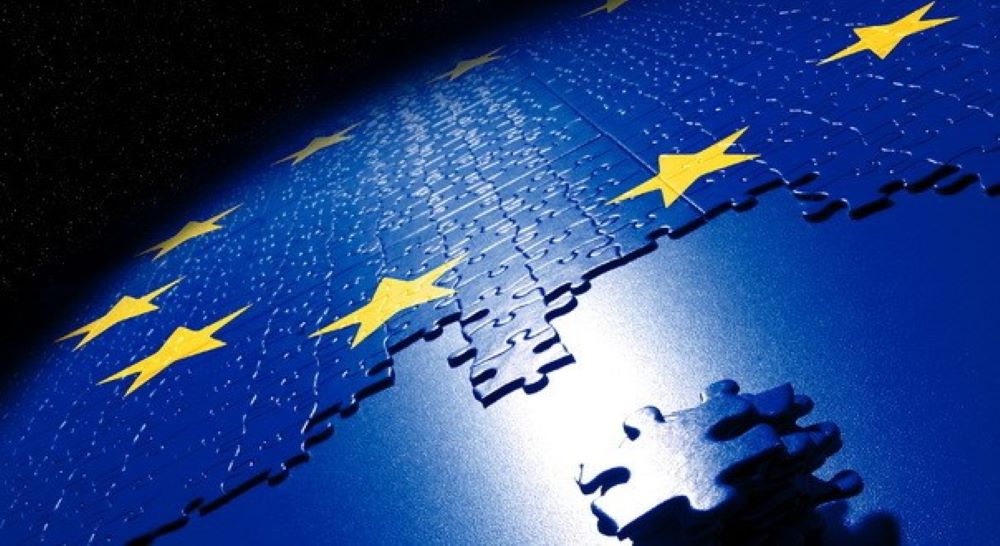A high-quality, functional and sustainable connection of our region can only be achieved if the major players in the Balkans see the necessity of equal treatment of all

Andrijana Radović
The world is changing before our eyes. If we don’t adapt our understanding to it – we’re in trouble. We should also be open once again and say whether we stand on the same values. If we are confident in that area, reliability will come in other areas as well. Dishonesty can cost us long-term or permanent disorientation.
In order to establish a long-term functional relationship between the countries of the Western Balkans, it is very important to focus energy on initiatives that have a clear role and are fully in line with aspirations towards the European Union, such as the Berlin process, which implies a wide range of cooperation methods, from the development of infrastructure, reduction of unemployment, increased the competitiveness of the economy, and mutual reconciliation, education, and ecology.
A new regional initiative, however, also appeared – Open Balkans. It was announced with a lot of noise, and now it has become so quiet that it looks more and more like it has ended. On the face of it, the idea of additional networking in the region is not problematic, however, serious critical tones were heard in three of the six countries that were expected to join. The answers were political, without counter-arguments, which opened the question, what is the purpose of this forced communication? More or less what was meant to be the Berlin Process, would now be the Open Balkans under the leadership of local leaders. There were several rounds of agreements and gatherings, and all of this lasted until it escalated on the Belgrade-Pristina route. After that, Albanian Prime Minister Edi Rama gave a sort of farewell speach, saying that this initiative had fulfilled its mission, even though it had not actually started in reality.
What might the lesson be? If the bigger players in the Balkans see the necessity of equal treatment for everyone, if understanding regional processes does not bring an awakening of national programs, if we openly respond to critics, we can reach some kind of sustainable connection. Now the only thing we will achieve is burden communication channels with initiatives that are actually an attempt at something that is only in the sketches, which would mean spreading the influence of the big towards those who are smaller, with very unclear criteria for selecting priority topics to focus on.
However, by realizing that one model does not work, we are no closer to a solution. It is obvious: the integration of the Western Balkans into the EU is a solution, but for the first time it seems that there is less enthusiasm in certain aspirant countries than in the EU. Likewise, the question arises as to whether the EU rewards the best students or, when they do a task well, they send them back because their classmate didn’t finish yet.
The need for integration is necessary, but it must be accompanied by a vision in order to get out of the labyrinth in which we already have other interested parties, large global players. Indolence has already made their interests significantly rooted in the area of the Western Balkans. If we fail in this or surrender to the elements of the interests of aggressive forces from the East, instead of integration, we get a carousel where at the end of each round, a new report awaits us and the old wishes that we will be part of Europe – not only geographically, but also fundamentally.
Andrijana Radović is a political scientist, civil activist and member of the Preokret movement



Leave A Comment